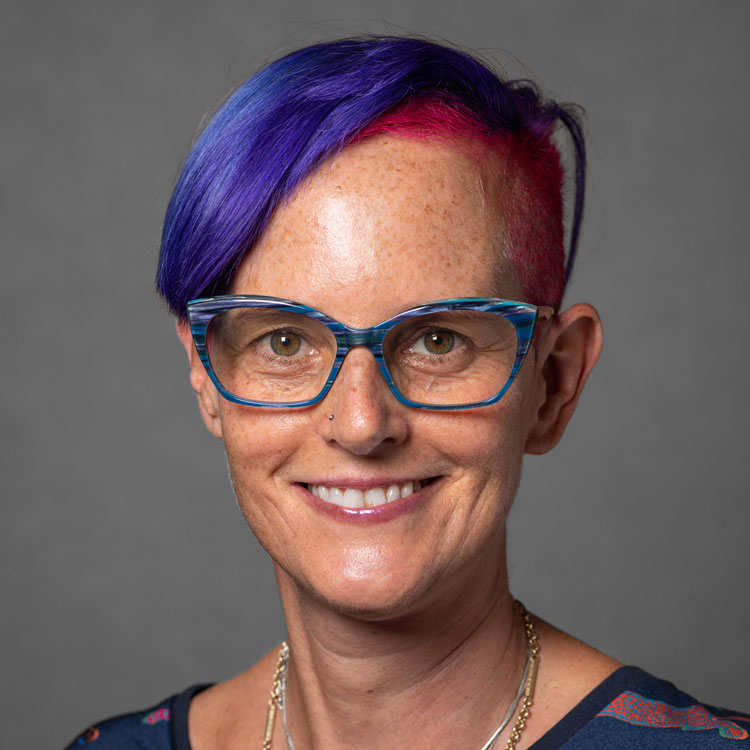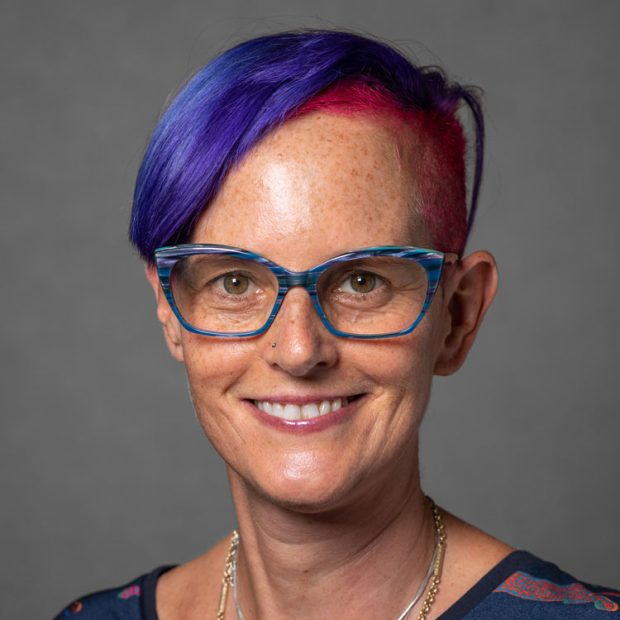Listen to this episode
On this episode
Professor Chloe Orkin & Dr Nuthana Bhayankaram of the Medical Women’s Federation join us in this episode to discuss sexism in medicine. We share first-hand experiences and explore why it remains a glaring issue today. We then discuss some strategies for action and what we can do to improve things.
If you want to know what the glass ceiling, glass cliff, and glass slippers are and how to avoid them, listen to our entire conversation in this You Are Not a Frog episode.
Show links
Register for the upcoming __MWF Spring Conference 2023: ‘Empowerment: Driving Change and Development in Medicine,’ which will be held virtually on March 17. This conference is open to anyone interested in equity in medicine. There will be a recorded copy, too, for those who want to catch up afterward. Registration fees: Members: £20, Non-Members: £35, and Students: £5.
Register for the free upcoming training, ___If I Don’t Do It, No One Will: The Ultimate Guide to Loving Your Limits for Leaders Who
About the guests

Professor Chloe Orkin
Professor Chloe Orkin is the 80th President of the Medical Women’s Federation. She is a Professor of HIV Medicine and the Academic Lead for Equality, Diversity, and Inclusion in the Faculty of Medicine at the Queen Mary University of London. She is also the Collaborative Director of the QMUL-based SHARE research for health and equity. And she is the Co-Chair of HIV Glasgow and a member of the governing council for the International AIDS Society.
Professor Chloe is also Consultant Physician at Barts Health NHS Trust, where she has led the HIV clinical trials unit for the past 18 years and provided care for people with HIV. She led the ‘Going Viral’ blood-borne virus testing campaign. She is pushing the implementation of routine blood-borne virus testing in emergency departments. She is also the global lead author for the first-ever long-acting injectable HIV therapy and the global case series on human monkeypox virus infection.
Follow Professor Chloe Orkin

Dr Nuthana Bhayankaram
Dr Nuthana Bhayankaram is a paediatric registrar in the North West, and the youngest Vice President of the Medical Women’s Federation. She is also the host and co-producer of the Medical Women’s Podcast, the first podcast that was produced to support and empower medical women in their careers. Nuthana is an academic trainee interested in endocrinology and passionate about inclusion, diversity, patient safety, and clinician well-being. She is passionate and committed to promoting equity medicine for her patients.
Follow Dr Nuthana Bhayankaram
Reasons to listen
- How does sexism manifest in the medical world?
- Learn the barriers to progress for medical women.
- Discover what we could do on an organisational and individual level to advocate for equality.
Episode highlights
Sexism in Society
Medical Women’s Federation
The Growth of Representation of Women in Medicine
Working in a Male-Dominated Hierarchy
On Speaking Up
Barriers to Progress for Women
Why Women Don’t Apply
Women’s Household and Professional Roles
What We Could Do on an Organisational and Personal Level
How to Deal with Blatant Sexism
The Work the Medical Women’s Federation Does
Chloe and Nuthana’s Top Three Tips
Episode transcript
Rachel Morris: One of the things that frustrates me so much is that even in 2023, we often see women taking on the brunt of the childcare, the household chores, and the emotional labour. And it’s no better in medicine. We know that the gender pay gap in medicine, if anything, is still massive and still growing. So with up to 60% of the medical workforce being women, why are we still in this situation, and how can we make it better? In this episode, I’m chatting with Professor Chloe Orkin and Dr Nuthana Bhayankaram from the Medical Women’s Federation…










